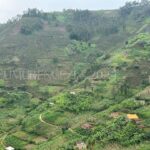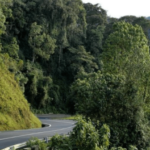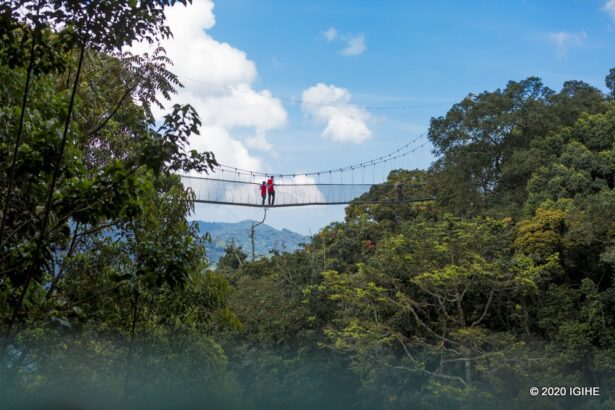Like many countries around the world, tourism to Rwanda has taken a massive hit during Covid. However, Rwanda is taking positive steps to move forward and ensure tourism returns, but in a safe and thoughtful way. The country has put in place a strong Covid-testing program to ensure the future of its national parks and the safety of both locals and tourists. Here’s what Rwanda is doing right.
Rwanda is at the Forefront of Covid-Testing (and Thus Protecting) Their National Parks
All tourists and locals must provide a negative Covid test taken within 72 hours before entering park gates. This is to protect the animals in the parks including the gorillas in Volcanoes National Park. And if travelers are spending a chunk of time in Rwanda, they have to make sure their Covid test is still within the 72-hour window, or they have to get another one (which means multiple Covid tests during their stay).
This is good news for visitors (and for the animals of Rwanda). Regular testing ensures those visiting the park are Covid-free. Travelers will have a strong sense of security visiting the national parks of Rwanda, knowing that the country places such a high value on keeping everyone safe and healthy. There are four national parks in Rwanda, all worth visiting.
- Advertisement -
Rwanda Opens the Newest National Park in Africa (and You Can Trek with the Chimps)
Gishwati Mukura National Park is one of the youngest national parks in Africa. In December 2020, the park officially opened its doors to the public (although with Covid, the park still has not seen many visitors). This means that parts of the vast montane forest that once stretched across much of central Africa now has permanent protection and is open to visitors.
Gishwati is home to a group of 20 chimpanzees, making it one of only two places in Rwanda to go on a bucket-list worthy chimp trek. There are also a variety of other primates visitors can see including golden and blue monkeys. The park is currently part of an ambitious landscape restoration program. Previously, the area was nearly depleted largely due to resettlement, illegal mining in the mineral-rich forest and livestock farming. Now, the park is addressing those issues by increasing the number of trees to improve soil fertility, stabilize slopes and regulate stream flow.
Additionally, park officials are working with people living in the surrounding areas to create positive impact on their livelihoods, which in turn offers the forest a better chance of regeneration in tandem with the potential to raise living standards in the longer term.
For tourists, the upside is that they can book a chimp trek now (which normally has a waiting period of three months to a year).
Visiting Rwanda’s Baby Gorillas
Each year, Rwanda holds a special ceremony naming the new baby gorillas born in the last twelve months. The ceremony is called Kwita Izina and this year it was held on September 25, World Gorilla Day. This year’s ceremony was the 17th anniversary of the tradition and the theme for 2021 is ‘Conservation and Sustainable Tourism – A Foundation for Future Generations’. A surprising 24 baby mountain gorillas have born in the country’s Volcanoes National Park over the last 12 months. To date, 328 baby gorillas have been named since the first Kwita Izina was held in 2005.
Visitors to Volcanoes can not only see the beautiful silverback adult male gorillas, but they can also see one of the adorable babies.









